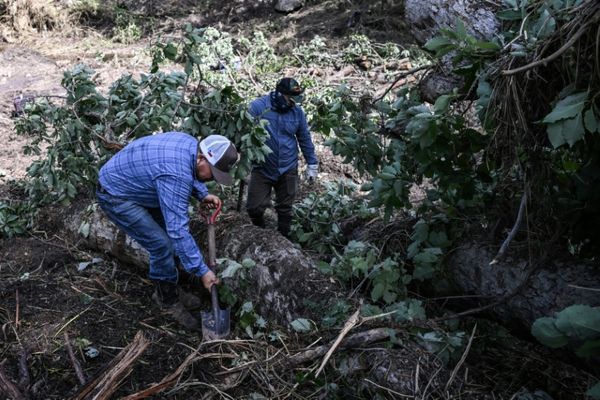
Isra Hirsi, the 22-year-old daughter of Minnesota Representative Ilhan Omar, made headlines on 8 July 2025 for selling used clothes online, struggling to make ends meet 15 months after her arrest at a pro-Palestine protest at Columbia University.
A 2025 Barnard College graduate, Hirsi was suspended for her role in the 'Gaza Solidarity Encampment', which disrupted campus operations in April 2024.
Now unemployed, she's offering items like 'Martens boots for $50' and a 'beloved multicoloured striped cardigan' for £12 ($16.31) on Depop.
Navigate Activism's Fallout
Hirsi's activism, aligned with her mother's vocal pro-Palestine stance, defined her time at Barnard.
Her suspension followed the unauthorised encampment, which saw her zip-tied for seven hours during an NYPD crackdown.
Ilhan Omar’s daughter, Isra Hirsi, says she’s homeless after suspension from college over anti-Israel protests https://t.co/PkCdv3nxNj pic.twitter.com/lwxovPCatm
— New York Post (@nypost) April 22, 2024
Rep Ilhan Omar expressed being 'enormously proud' of her daughter's activism, despite the repercussions. Hirsi also promoted a fundraiser for Mahmoud Khalil, a Columbia graduate arrested for 'violent, anti-American views', per Breitbart, facing deportation.
X user @LevineJonathan noted: 'Ilhan Omar's daughter Isra Hirsi is unemployed and selling her old clothes just weeks after graduation', reflecting public interest.
@KreatelyMedia added: 'She was suspended from school & thrown out of campus for her anti-Israel protests', highlighting her predicament.
Question Employment Challenges
Hirsi's unemployment, despite a prestigious degree, raises questions about the job market for outspoken activists.
Her Instagram posts, as mentioned in the Breitbart report, including one from June 2025 praising anti-ICE riots and calling for 'Death to the colonial empire', may deter employers wary of controversy.
The Free Beacon reported that 53% of 2025 graduates face job market challenges, with activism potentially amplifying Hirsi's struggles.
Her mother's political profile, often polarising, may further complicate opportunities. While Hirsi claimed homelessness in April 2024, community notes on X clarified she had 'advance warning of suspension', suggesting her choices contributed to her situation.
When Isra Hirsi, the daughter of U.S. Rep. Ilhan Omar, joined several of her classmates in a pro-Palestinian campus protest known as the Gaza encampment, she had no idea she would end up suspended, homeless, and left without food within a matter of days.https://t.co/CDau0G7FHM
— The Daily Beast (@thedailybeast) April 21, 2024
Examine Broader Implications
The case reflects tensions in the post-graduation landscape for activists.
Columbia's protests, part of a broader pro-Palestine movement, led to arrests and suspensions, impacting students' futures. Khalil, whom Hirsi supported, faced 104 days in ICE detention, calling it 'like kidnapping'.
The Trump administration's crackdown on campus activism, targeting figures like Khalil, signals heightened scrutiny, which could potentially cost activists like Hirsi job prospects.
With US student debt at £1.28 trillion ($1.7 trillion), financial pressures compound these challenges, forcing graduates to unconventional income sources like selling clothes, which may yield only £400–£800 ($543–$1,087) monthly.
Demand Balanced Perspectives
Isra Hirsi's financial struggles underscore the steep price of activism in a polarised world.
Her principled pro-Palestine advocacy, echoing her mother's prominence, has left her jobless, forcing her to sell clothes to survive, highlighting the tension between passion and economic stability.
Graduates like Hirsi must navigate a job market wary of controversy, striking a balance between idealism and pragmatism to secure opportunities.
Employers should assess candidates fairly, valuing diverse perspectives to foster inclusive workplaces.
Society must support young activists through mentorship programs, career pathways, and open dialogue, ensuring their voices are not silenced or lead to hardship.
Universities and policymakers can fund initiatives, such as job fairs for activists, while communities advocate for protections against employment discrimination based on political views.
This crisis highlights the cost of division, underscoring the need for collective action to bridge the gaps.







